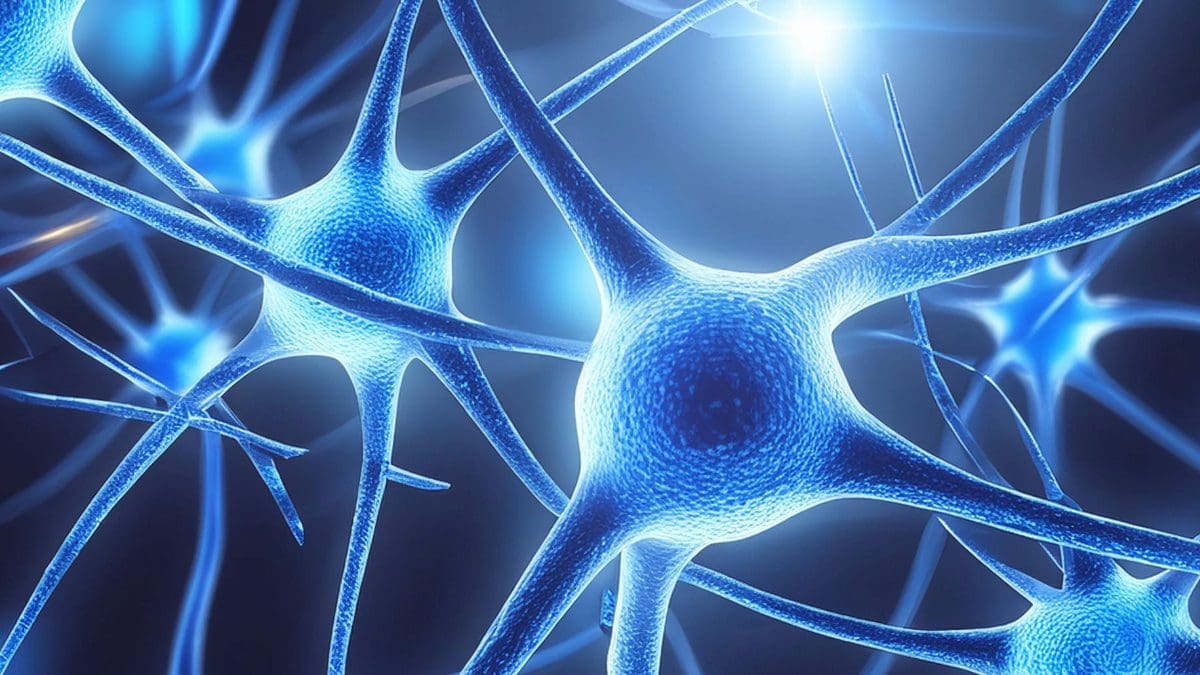Multiple Sclerosis (MS) is a chronic autoimmune disease that affects the central nervous system, leading to a wide range of neurological symptoms. While MS is commonly associated with issues such as muscle weakness, coordination problems, and vision disturbances, it can also impact hearing. Understanding the connection between hearing and MS is crucial for a comprehensive management of the disease and improving the quality of life for those affected.
How MS Affects Hearing
MS damages the protective covering of nerve fibers (myelin) in the central nervous system, disrupting the normal flow of electrical impulses. This demyelination can occur in various parts of the brain and spinal cord, including areas involved in processing auditory information. When MS affects the auditory pathways, it can lead to several hearing-related issues:
Hearing Loss: MS can cause sensorineural hearing loss, which occurs when there is damage to the inner ear or the nerve pathways from the inner ear to the brain. This type of hearing loss can be unilateral (affecting one ear) or bilateral (affecting both ears) and may be temporary or permanent.
Tinnitus: Tinnitus, or ringing in the ears, is another potential symptom of MS. It is thought to result from nerve damage and the brain’s attempt to compensate for the disrupted auditory signals.
Auditory Processing Disorders: Some individuals with MS may experience difficulties in processing and interpreting sounds, even if their basic hearing ability remains intact. This can affect their ability to understand speech, especially in noisy environments.
Symptoms and Diagnosis
The auditory symptoms of MS can vary widely among individuals. Some may experience sudden hearing loss, while others might have gradual changes in their hearing ability. Common symptoms to look out for include:
- Sudden or gradual hearing loss
- Ringing or buzzing in the ears (tinnitus)
- Difficulty understanding speech, particularly in noisy settings
- A sense of fullness or pressure in the ears
Diagnosing hearing issues related to MS involves a combination of neurological and audiological evaluations. Audiologists may conduct hearing tests to assess the extent of hearing loss and auditory processing capabilities. Neurologists may use MRI scans to identify lesions in the brain that could be affecting auditory pathways.
Treatment and Management
While there is no cure for MS, various treatments can help manage its symptoms, including those affecting hearing:
Steroid Therapy: In cases of sudden hearing loss due to MS, corticosteroids may be prescribed to reduce inflammation and potentially restore some hearing.
Hearing Aids and Assistive Devices: For individuals with permanent hearing loss, hearing aids and other assistive listening devices can improve their ability to hear and communicate effectively.
Auditory Rehabilitation: Speech therapy and auditory training programs can assist those with auditory processing disorders in improving their listening and comprehension skills.
Medication: Disease-modifying therapies (DMTs) for MS can help reduce the frequency and severity of relapses, potentially minimizing the impact on hearing.
Importance of Comprehensive Care
Addressing hearing issues in individuals with MS requires a multidisciplinary approach involving neurologists, audiologists, and other healthcare professionals. By recognizing and treating auditory symptoms, healthcare providers can help improve the overall well-being and quality of life for those living with MS.
The connection between hearing and MS underscores the complex nature of this neurological disease. While hearing issues may not be the most common symptoms of MS, they can significantly impact an individual’s daily life and overall functioning. Early detection and appropriate management of auditory symptoms are essential for providing comprehensive care to individuals with MS, helping them maintain their communication abilities and enhancing their quality of life.

